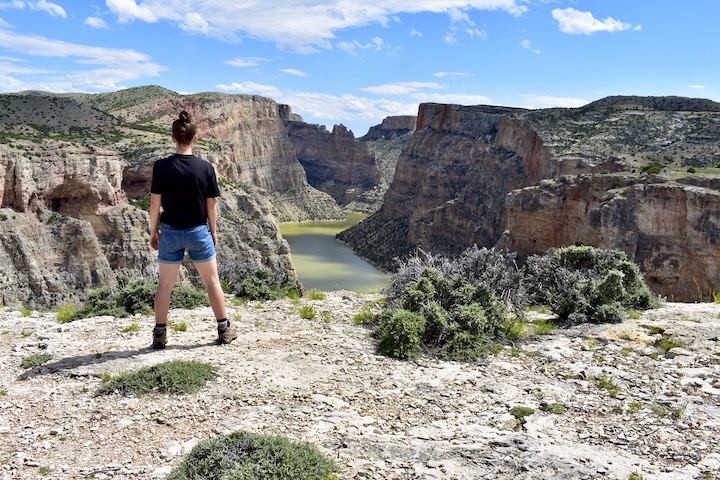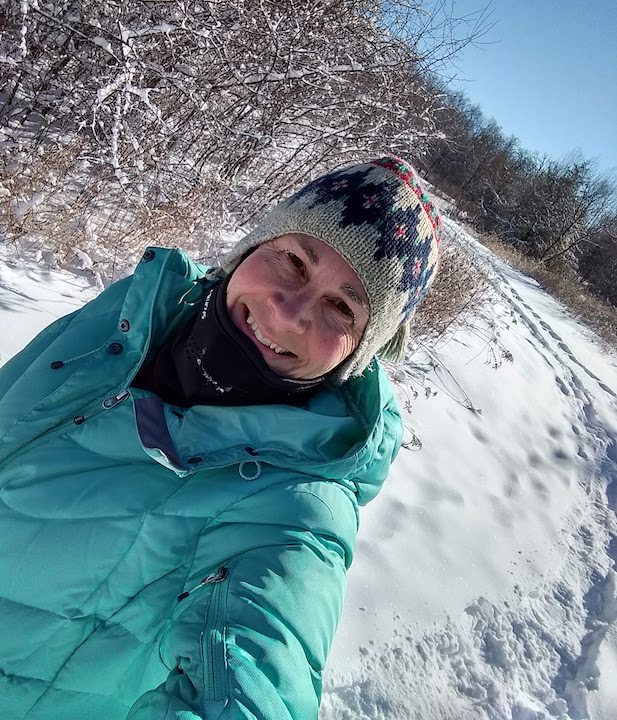Human bones and muscles start to lose strength around age 40 unless we do things to prevent it. Why should we care?

Like most 20 and 30-somethings, I never thought about my bones in my young adulthood. But when I learned that most older adults start to lose bone strength around mid-life, that got my attention. Once I entered my 50s I began to think about bone loss a lot more.
The weaker our bones are, the more susceptible we are to fractures. When we hear of an elderly person breaking a hip after a fall, it’s likely the result of thinning, brittle bones.
And as we know, the older we are the longer our bodies take to heal after a fracture or other injury.
How Our Bones are Key to Good Overall Health
God has designed an incredibly strong and complex skeletal structure inside the human body. Not only are our bones stronger than steel, ounce for ounce, they grow with us and they heal themselves.
Our bones—all 206 of them—are found from head to toe:
- Our skull protects our brain.
- The tiny bone in our middle ear aids in hearing.
- The spine protects our central nervous system and yet is amazingly flexible.
- Our rib cage surrounds and protects our vital organs.
- Our arm, leg, hand and foot bones provide the structure for movement, both our large and fine motor skills.

When bones weaken, they’re much more likely to fracture than bones that are strong. Weak bones, then, can’t protect what they need to protect as well, and perform how they’re designed to perform.
Why Our Bones Get Weaker
Our bones lose their strength when they lose their mass, which is, unfortunately, a natural part of the aging process.
(There are plenty of other articles that get into the scientific reasons why, if you want to do some research.)
But that doesn’t mean we have to stand by and helplessly watch it happen.
Like every other system in our body, our lifestyle choices make a huge difference in bone health and how well they’ll continue to work for us over a lifetime.
I bought a book about 20 years ago called Strong Women Stay Young, by Dr. Miriam Nelson. After years of research and work with hundreds of seniors, she and her colleagues learned that strength training helps reverse bone loss.
Yes, that’s reverse bone loss…not just reduce it.
And it’s not just women who need to pay attention to bone loss. “Men in their fifties do not experience the rapid loss of bone mass that women do in the years following menopause. By age 65 or 70, however, men and women lose bone mass at the same rate,” says the National Institute of Health.
We can’t stop the aging process, but we can sure slow it down by making the right choices.
How We Keep Our Bones Healthy
Can you guess one of the choices we can make for healthy bones?
That’s right—regular physical activity.

The best are weight-bearing activities, which is why Dr. Nelson’s strength training work with her elderly participants saw such great results.
Walking, running, hiking, snowshoeing, cross country skiing, stand-up paddleboarding—all these outdoor activities you love to do are good for your bone health.
This article from Harvard Medical School says this about strength training:
“A well-rounded strength training program that works out all the major muscle groups can benefit practically all of your bones. Of particular interest, it targets bones of the hips, spine, and wrists, which, along with the ribs, are the sites most likely to fracture.
“Also, by enhancing strength and stability, resistance workouts reduce the likelihood of falls, which can lead to fractures.”
Did you catch that? Strong muscles gives us better balance which means fewer falls. Strong bones mean less chance of a fracture if we do fall.
A healthy diet is also vital for keeping our bones strong. This article is easy to scan and covers the basics: 10 Natural Ways to Build Healthy Bones.

In a nutshell: Eat all the stuff we already know is good for us!
Mix It Up for Great Overall Health
Does this mean we should stop doing activities that aren’t weight bearing? Of course not! Keep doing what you love. Your other body systems will benefit from them, too
But mix your biking, kayaking, canoeing and swimming with weight-bearing activities like hiking and snowshoeing for a good balance.
Does is mean we can’t eat our favorites treats from time to time? No, a treat now and then is great. But if our bone health partially depends on eating healthy foods, then eating mostly healthy is a good choice.
We’ve been given one body for our lifetime. Let’s take good care of it—including our marvelous bones, so they can serve us well as long as we need them.
Here’s more…
- Should Doctors Prescribe Outdoor Activity?
- Physical Inactivity: The #1 Health Problem of Our Time
- The Many Health Benefits of Walking
- 11 Wonderful Things in Our Natural World - February 6, 2025
- What Kind of Exercise Is Best? - January 10, 2025
- 116 Verses in the Bible that Talk About Light - December 10, 2024
